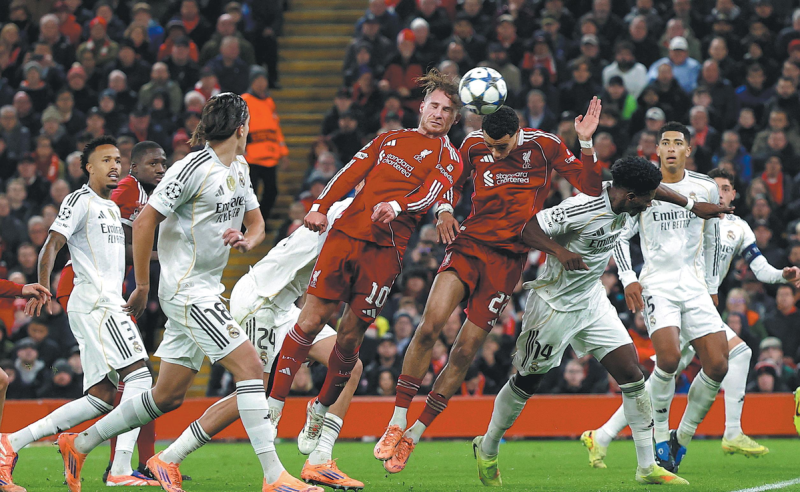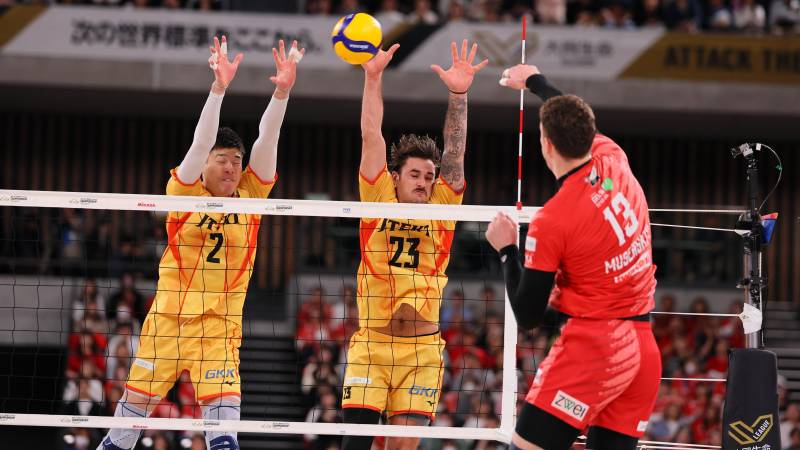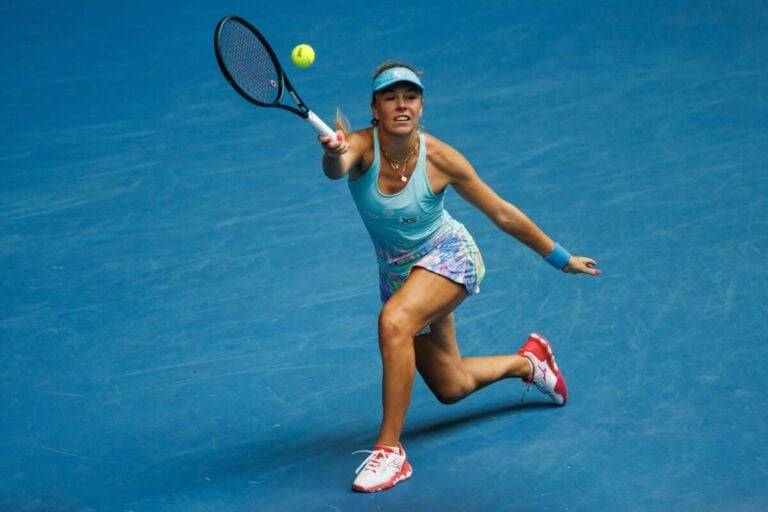The stadium hums with a different energy when it’s time for the discus throw. In track and field, where speed often steals the spotlight, the discus is where artistry meets power, where the throwers do not race but command the field with a quiet intensity. At the 2025 European Athletics Team Championships in Madrid, the women’s discus final unfolded not just as a competition, but as a story—a story of resilience, strength, and the unspoken beauty of a sport often left in the shadows.
From the first throw, it was clear this was more than just an event; it was a statement. These athletes weren’t merely chasing meters—they were carrying history on their shoulders, each throw an act of defiance against underestimation. The camera lenses might have favored the sprinters on the track, but the circle was where warriors were being made. At the heart of this narrative was Croatia’s Sandra Perković, the queen of European discus. A veteran of the sport, Sandra didn’t come to Madrid to defend a title—she came to reaffirm her reign. Each rotation in the circle from her felt like poetry written in muscle memory. Her first throw? Controlled power. Her second? A warning shot to her challengers. Her final release? Vintage Perković—dominant yet graceful.
But this wasn’t just her story.
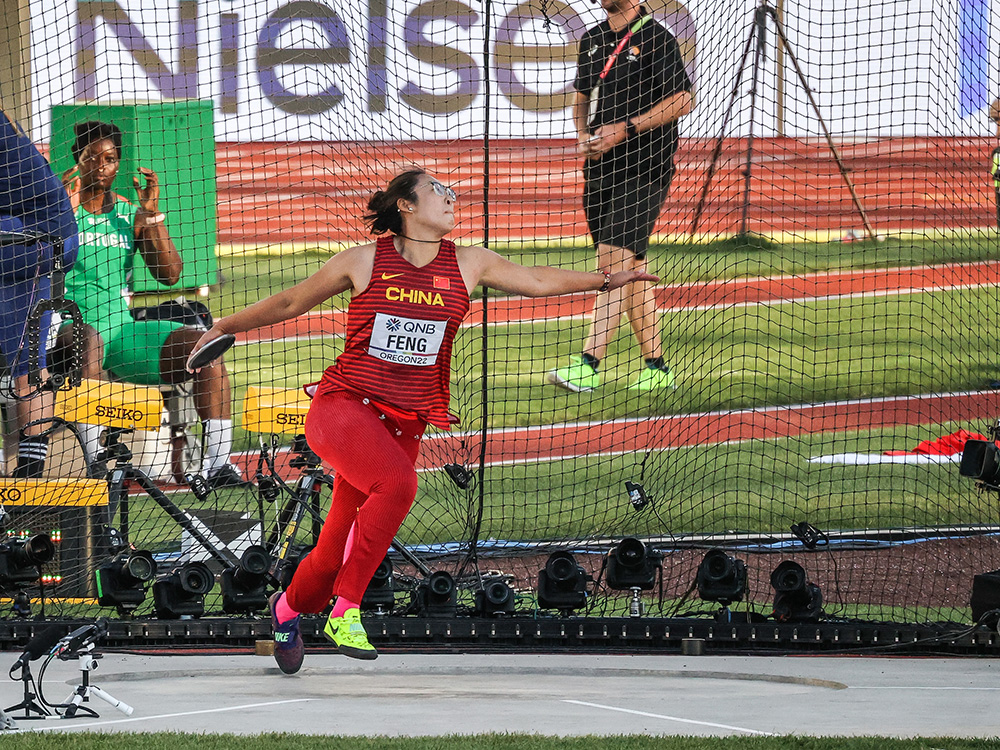
Related article - Uphorial Podcast
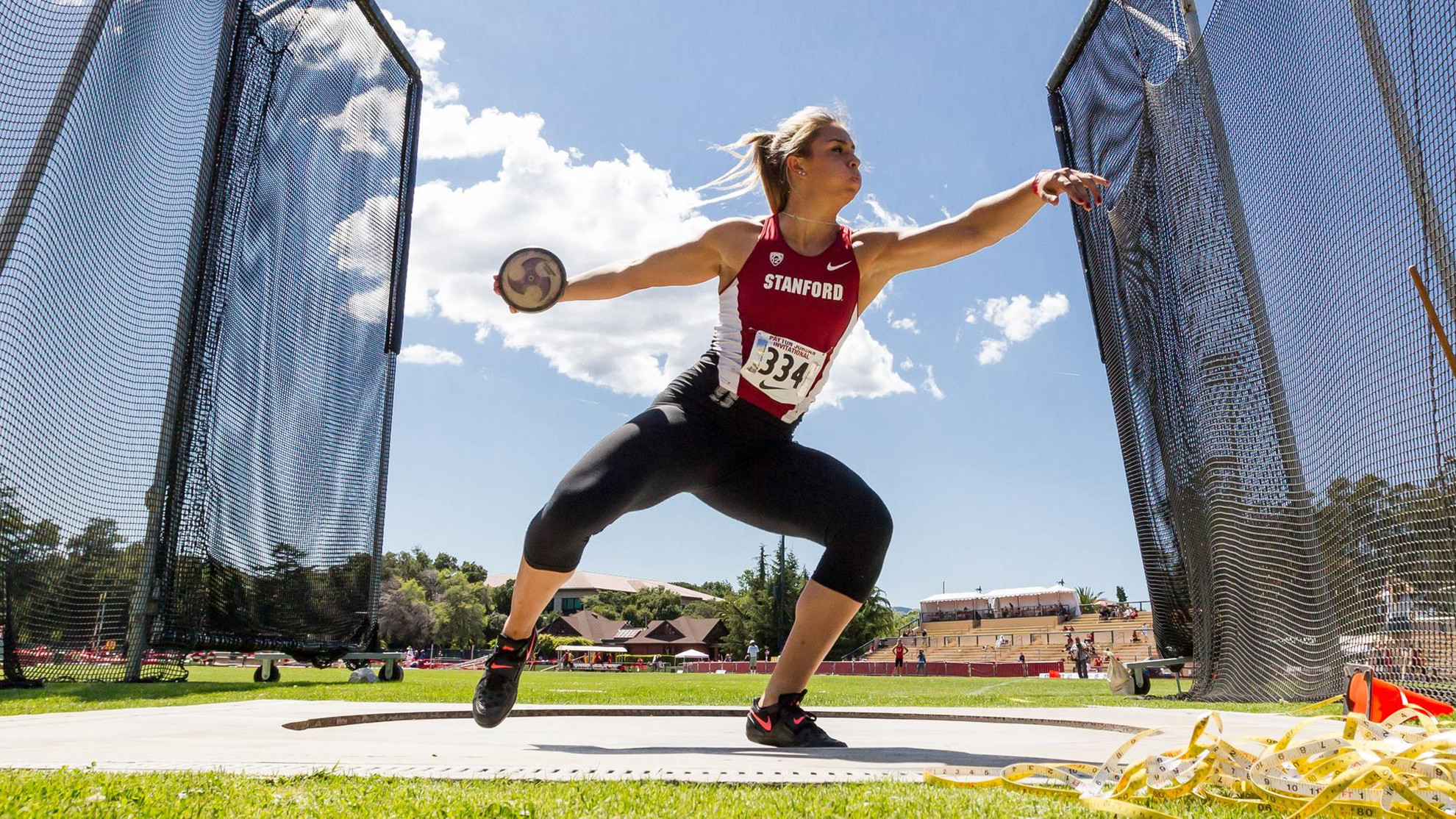
Enter Kristin Pudenz of Germany—the challenger who doesn’t need hype to make headlines. Kristin’s approach is quieter, almost introspective, yet her throws speak louder than words. On this night, her technique was nearly flawless, her focus unshaken even in the face of Perković’s dominance. Every time she stepped into the circle, you could feel her internal dialogue: calm, patient, precise. Her silver wasn’t a consolation; it was a battle scar earned with pride.
Meanwhile, France’s Mélina Robert-Michon, the mother of two and the heart of French athletics, reminded everyone why experience matters. Her throws didn’t win her gold, but they told a story of longevity, of a career that refuses to fade quietly. Every spin and release carried echoes of past glories, yet her presence said: I am still here. Watching the replay, you’re reminded that discus is not chaos; it’s choreography. The way each athlete plants her feet, whips her arm, and watches the disc soar is both violent and tender. And as the disc slices through the Spanish air, for a moment, time feels suspended.
But perhaps the real beauty of Madrid’s final wasn’t in the distances thrown or the medals awarded—it was in what the event represented. Women’s discus is still fighting for equal spotlight in athletics. These athletes are more than competitors; they are trailblazers pushing their event into mainstream consciousness. They throw not just for personal glory, but for the young girls watching from the stands or their living rooms, imagining themselves spinning in that circle one day.
As the final standings were announced, with Perković once again atop the podium, you could sense this wasn’t the end of a chapter—it was the continuation of a legacy. Kristin’s determined silver and Mélina’s persevering bronze whispered promises of future battles, of records yet to fall. In the end, Madrid’s women’s discus wasn’t just about who won. It was about why they compete. About the silent sacrifices, the early mornings, the injuries, the self-doubt, and the eventual release, where all that struggle translates into a spinning disc arcing beautifully across the sky. For those who watched, the replay isn’t just a recap. It’s an invitation to appreciate a sport where strength is silent and grace is explosive. And next time the discus circle fills with athletes, perhaps more eyes will finally turn their way, not out of obligation, but out of respect.

